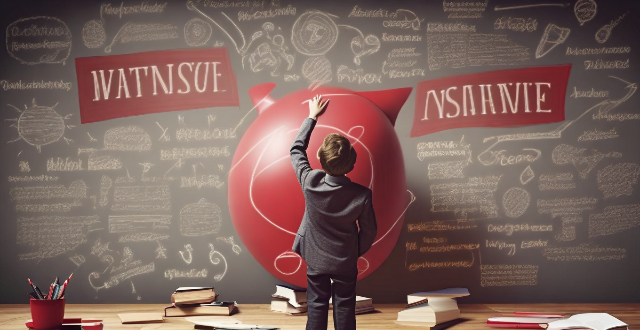Sports education has a positive impact on academic performance and cognitive abilities by improving attention, concentration, learning abilities, reducing stress levels, enhancing time management skills, and increasing discipline and responsibility.

Impact of Sports Education on Academic Performance and Cognitive Abilities
Sports education is an integral part of a student's overall development. It not only promotes physical fitness but also has a positive impact on academic performance and cognitive abilities. In this article, we will discuss the various ways in which sports education can benefit students in their academic pursuits and cognitive development.
Improved Attention and Concentration
One of the key benefits of sports education is that it helps students develop better attention and concentration skills. Physical activity stimulates the brain, which in turn improves cognitive functions such as memory, focus, and problem-solving abilities. This improved attention and concentration can directly impact a student's academic performance by enabling them to stay focused during lectures, complete assignments more efficiently, and retain information for longer periods.
Enhanced Learning Abilities
Sports education also enhances learning abilities by promoting neuroplasticity, which is the brain's ability to form new neural connections throughout life. Regular physical activity has been shown to increase the size of certain regions in the brain responsible for learning and memory, such as the hippocampus. This increased brain volume leads to improved cognitive function, including better working memory, processing speed, and executive functioning.
Reduced Stress Levels
Stress is a common factor that affects academic performance negatively. Students who participate in sports education often experience reduced stress levels due to the release of endorphins during physical activity. Endorphins are natural chemicals produced by the body that act as painkillers and mood elevators. By reducing stress levels, sports education can help students maintain a positive mindset, which is essential for effective learning and academic success.
Improved Time Management Skills
Participating in sports requires good time management skills, as students need to balance their academic commitments with their athletic activities. These skills translate well into other areas of life, including academics. Students who engage in sports education learn how to prioritize tasks, set goals, and manage their time effectively. These skills are crucial for academic success, as they enable students to complete assignments on time, study efficiently, and prepare for exams effectively.
Increased Discipline and Responsibility
Sports education teaches students valuable life skills such as discipline and responsibility. Participating in team sports requires students to adhere to rules, work collaboratively with others, and take responsibility for their actions. These qualities are transferable to academic settings, where students must follow classroom rules, work cooperatively with peers, and take ownership of their learning outcomes. By developing these traits through sports education, students become more self-disciplined and responsible individuals, which positively impacts their academic performance and cognitive abilities.
In conclusion, sports education plays a vital role in promoting academic performance and cognitive abilities among students. By improving attention and concentration, enhancing learning abilities, reducing stress levels, improving time management skills, and increasing discipline and responsibility, sports education helps students achieve their full potential both inside and outside the classroom.